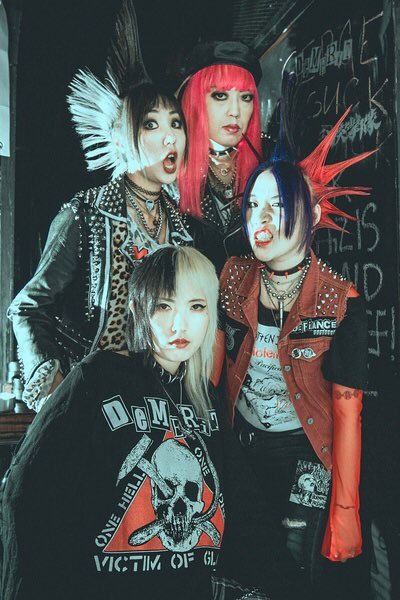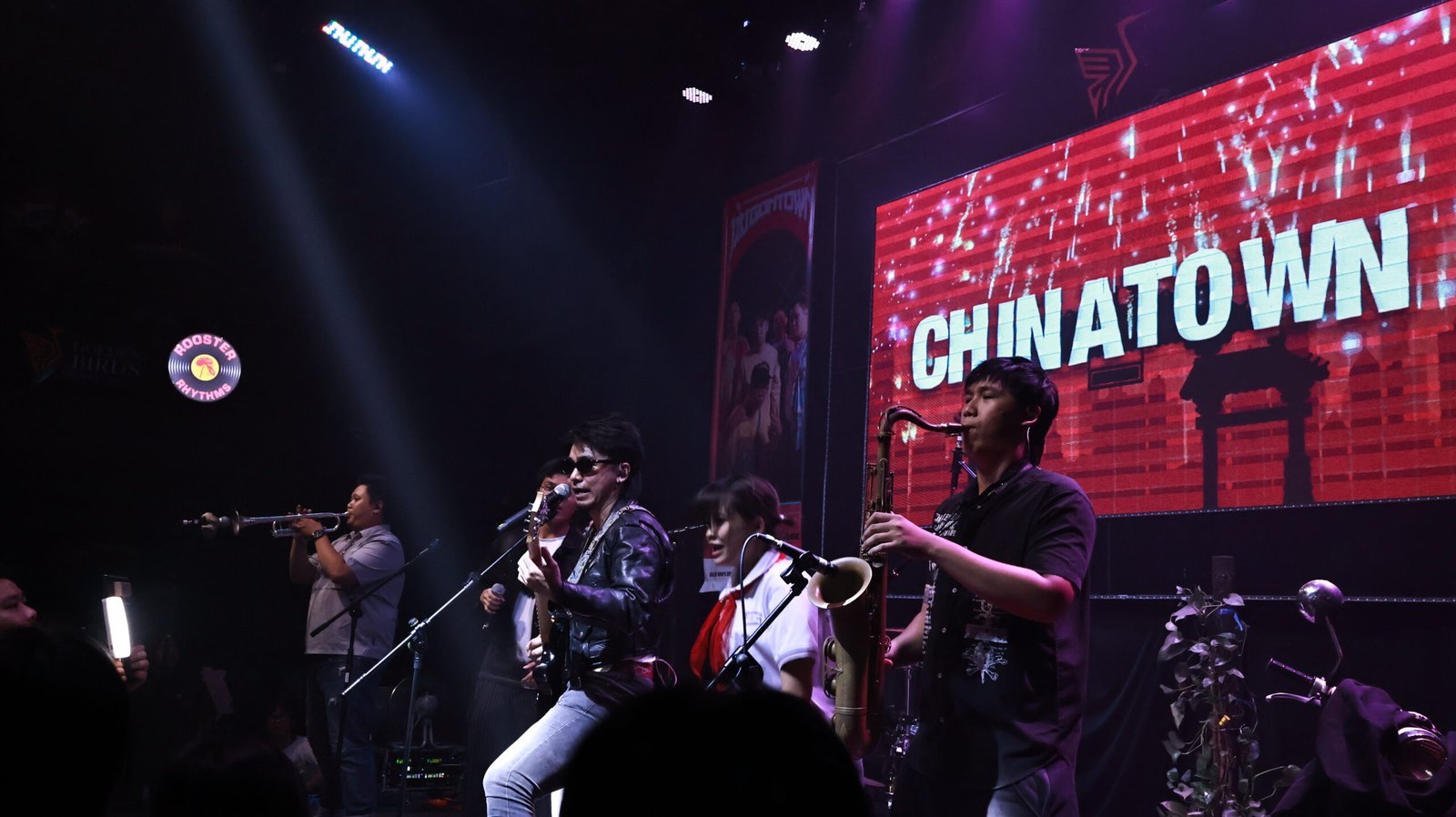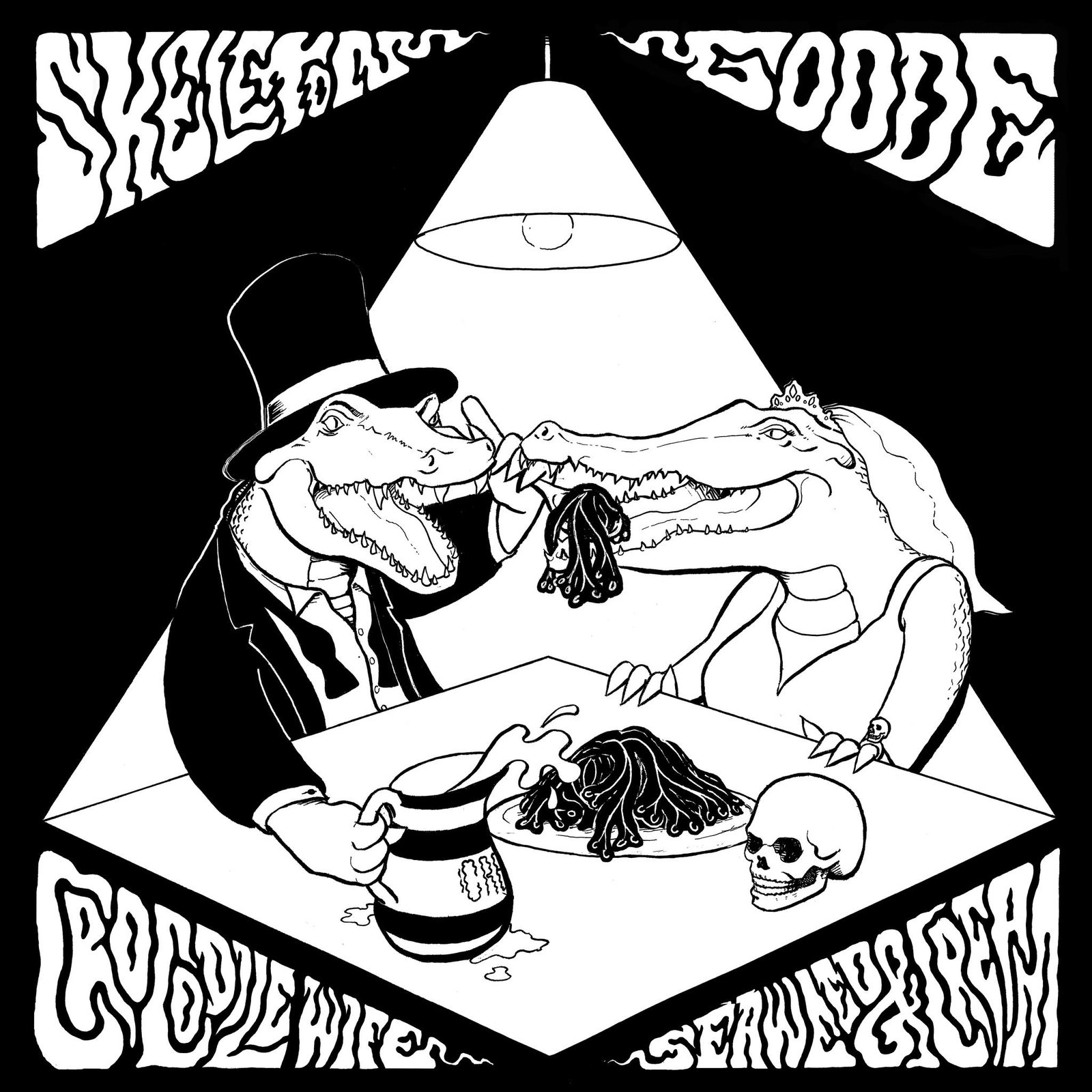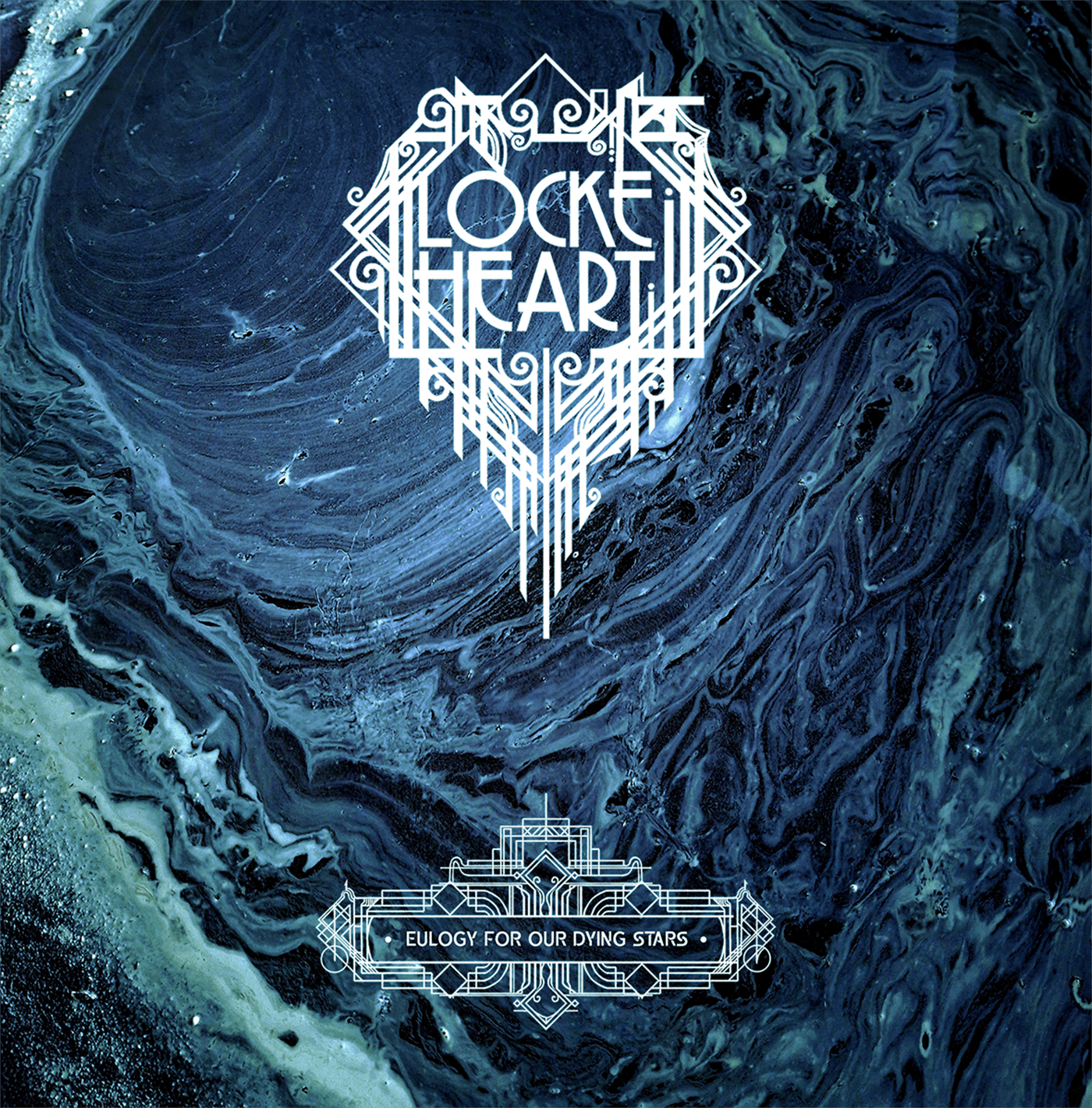Dummy Toys – ban nhạc punk toàn nữ tràn đầy năng lượng đến từ Thanh Đảo, Trung Quốc – lần đầu tiên đặt chân tới Việt Nam, khuấy động sân khấu tại show Tôi Tồn Tại Là Punk Tồn Tại Bro. Nổi tiếng với âm thanh không khoan nhượng, thần thái bùng nổ và tinh thần DIY đặc trưng, Dummy Toys đã gây dựng danh tiếng mạnh mẽ khắp châu Á và châu Âu. Với hai album đã phát hành và một album mới đang được nhen nhóm, họ là một trong những ban nhạc punk hoạt động nhiệt huyết và liều lĩnh nhất hiện nay.
Sau buổi diễn, chúng tôi đã có dịp ngồi xuống trò chuyện cùng họ về hành trình âm nhạc, vị trí của họ trong giới underground Trung Quốc, cuộc sống vừa làm mẹ vừa làm punk, và ý nghĩa của việc “khác biệt” trong một thế giới vẫn luôn mong bạn phải hòa nhập.

Ethos: Các bạn có thể chia sẻ về khởi đầu của ban nhạc không?
Dummy Toys: Thật ra, tay guitar và tay bass là bạn cùng lớp, và các thành viên còn lại đã quen biết nhau nhiều năm. Ban nhạc thành lập năm 2015, còn tôi gia nhập vào năm 2018. Chồng của tất cả chúng tôi cũng đều chơi trong các ban nhạc, nên trong một nhóm bạn bè chơi nhạc với nhau, chúng tôi đã có cơ hội lập band chung.
E: Vậy bạn đã tham gia cả hai album phát hành vừa qua đúng không?
DT: Đúng vậy, cả hai album full-length đều có tôi. Ngoài ra, giọng ca cũ trước đây từng thu một bản demo được phát hành sớm.
E: Cái tên Dummy Toys có ý nghĩa đặc biệt nào không?
DT: Thật ra không có nghĩa cụ thể. Chúng tôi chỉ chọn một cái tên đơn giản, dễ nhớ, nghe ổn và không mang ý nghĩa tiêu cực gì.
E: Ở quê nhà Thanh Đảo, phong trào nhạc punk hiện nay ra sao? So với thời điểm ban nhạc mới lập có gì thay đổi không?
DT: Có khá nhiều ban nhạc rock khác nhau ở Thanh Đảo và ngày càng có nhiều bạn trẻ hứng thú với nhạc punk và lập ban nhạc riêng. Tôi cũng từng là một trong những bạn trẻ như vậy. Nhưng với dân số khổng lồ ở Trung Quốc, tôi nghĩ punk vẫn còn một chặng đường dài để thực sự phát triển mạnh.
E: Các bạn có từng gặp khó khăn hay vấn đề gì khi chơi nhạc trong bối cảnh kiểm soát thông tin ở Trung Quốc?
.
DT: Có một số quy định kiểm soát, và dạo gần đây nghiêm ngặt hơn. Tôi nghĩ thế này: khi bạn chẳng ai biết đến, họ không quan tâm. Nhưng nếu bạn bắt đầu nổi tiếng một chút, họ sẽ bắt đầu để mắt tới. Vì vậy, chúng tôi chỉ muốn là những “kẻ vô danh” để được tự do tiếp tục chơi nhạc.
E: Với vẻ ngoài khác biệt – tóc nhuộm, Mohawk – các bạn có gặp sự kỳ thị nào trong đời sống hàng ngày không?
DT: Với tôi, không quá quan trọng vì tôi chẳng để tâm. Nhưng đúng là khi đi ngoài đường, ai cũng nhìn chằm chằm vì chúng tôi khác biệt. Tuy nhiên, ngày nay, người trẻ bắt đầu cởi mở hơn. Họ có thể chưa hiểu punk là gì nhưng vẫn bảo “Nhìn bạn ngầu đấy”, thay vì chỉ nói “Bạn lạ quá”. Tôi nghĩ mọi người đang dần học cách sống đúng với bản thân mình.
E: Là một ban nhạc toàn nữ trong một sân khấu đa số nam giới, các bạn có từng gặp định kiến hay rào cản nào không?
DT: Thực ra, tôi cảm thấy mọi người trong scene punk khá tử tế và hỗ trợ chúng tôi rất nhiều. Nhưng đúng là cũng có người đến xem với thái độ hoài nghi, kiểu muốn xem “đám con gái làm được gì”. Sau show, có người lại bảo “Wow, các bạn còn ngầu hơn cả mấy tay nam!” – haha, đó là điều chúng tôi muốn chứng minh. Khó khăn hơn là việc các thành viên khác đều làm mẹ, nên phải lên kế hoạch thật kỹ để cân bằng giữa ban nhạc và gia đình.

E: Các bạn vừa kết thúc tour châu Âu và đây là show cuối cùng của tour. Bạn thấy khác biệt gì giữa scene châu Âu và châu Á?
DT: Tour ở châu Âu lần này rất tuyệt, đây là lần thứ tư chúng tôi diễn ở đó nhưng là lần đầu tới Đông Nam Á. Khác biệt lớn nhất là khán giả. Ở đây và ở Trung Quốc, đa số là người trẻ, máu lửa, thích lao vào pit nhảy múa. Ở châu Âu, khán giả đa dạng hơn về độ tuổi, có cả những người đã lớn tuổi, từng gắn bó với punk từ những ngày đầu. Tôi rất tôn trọng họ vì sau nhiều năm, họ vẫn sống và yêu punk, mặc leather, mang boots đến show để cổ vũ chúng tôi.
E: Bạn có nghĩ rằng mỗi nền văn hóa có cách riêng để thể hiện punk rock không?
DT: Có chứ. Ở châu Âu, bạn có thể nói và làm bất cứ điều gì, cởi mở hơn. Nhưng mỗi nền văn hóa đều có bản sắc riêng và luôn có cách để chống lại bất công.
E: Các bạn có từng bị kiểm duyệt vì lời bài hát hay phát ngôn nào không?
.
Not really. All of our lyrics are in English; that is the reason why. In China, you have to get approval to do a show. We had to cancel one of our small tours in China because of this. But after that, we just changed some words, like “fuck” into “dog” or something else. We just found a way to change, and I don’t think all of them will read our lyrics very carefully.
E: Theo bạn, điều “punk nhất” lúc này là gì?
.
I think just keep doing it and taking part in it is punk enough. I think if everyone comes to the same spot to support not only the touring band, but also the local bands is the most important thing. We want to write more good songs and I also hope, more and more young people come to listen to this kind of music and participate in the scene.
E: Bạn có lời khuyên nào cho những người mới bắt đầu không?
.
Don’t listen to too much “advice”; it’s your life. Don’t think too much. Just do it! If you want to do it, you can make it.
E: Kế hoạch sắp tới của ban nhạc là gì?
.
We have four new songs in our song list this time, and we always want to write some more as we’re making our new album already, so just wait for that.
E: Bao giờ ra mắt album mới?
.
We want to record a new album this year and release it as soon as it’s done.
Dummy Toys vẫn đang phá tan mọi định kiến và rào cản trên hành trình punk của mình. Chúng tôi háo hức chờ xem bước tiếp theo của họ sẽ ra sao – từ album mới cho đến các chuyến tour sắp tới. Dù họ làm gì và ở đâu, có một điều chắc chắn: họ sẽ luôn làm theo cách của chính mình.
.



